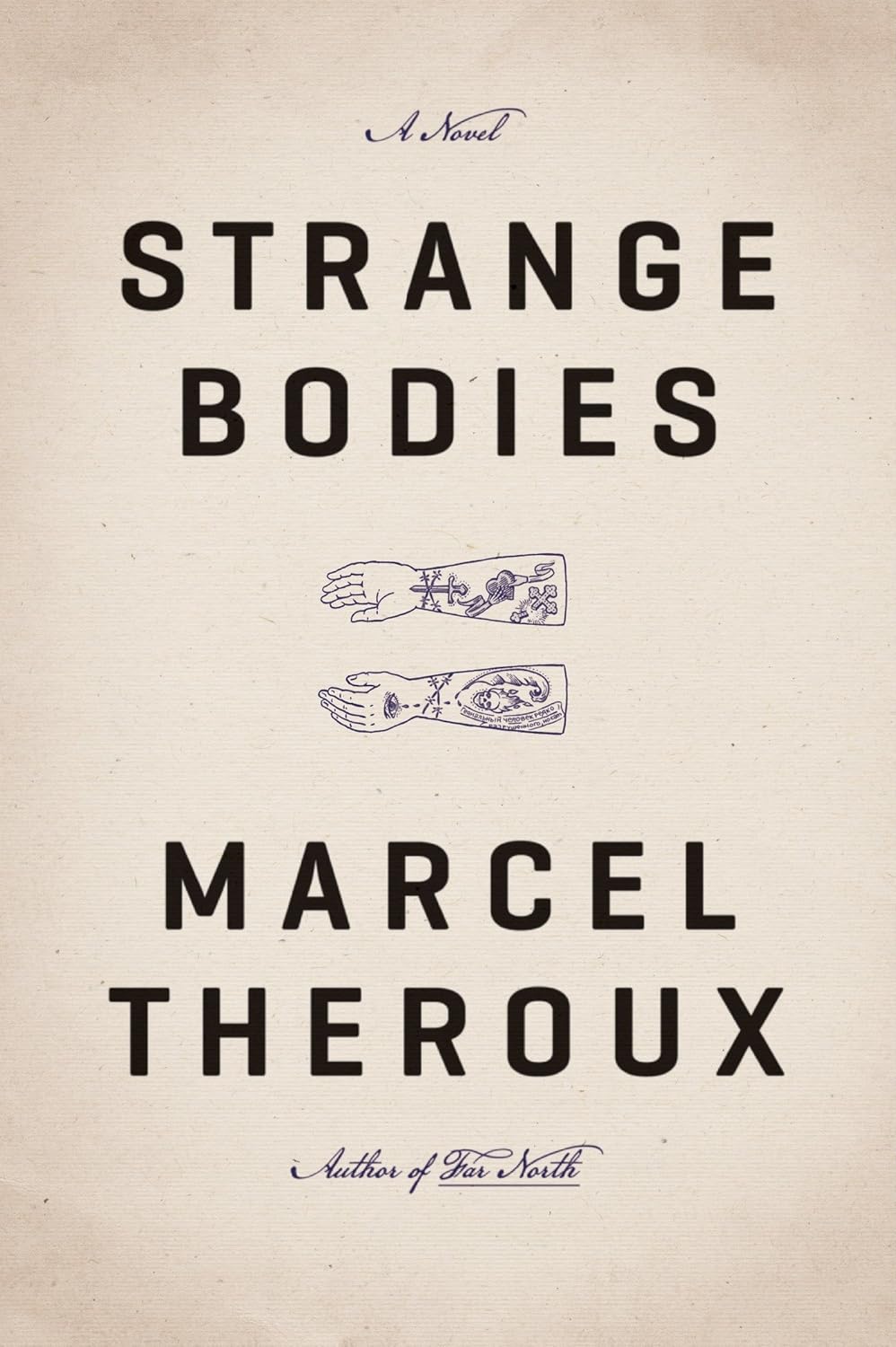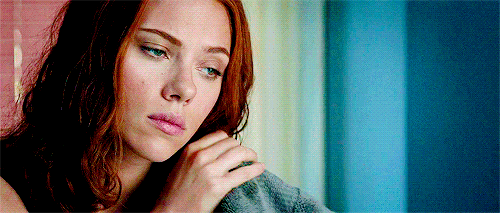A dizzying novel of deception and metempsychosis by the author of the National Book Award finalist Far North
Whatever this is, it started when Nicholas Slopen came back from the dead.
In a locked ward of a notorious psychiatric hospital sits a man who insists that he is Dr. Nicholas Slopen, failed husband and impoverished Samuel Johnson scholar. Slopen has been dead for months, yet nothing can make this man change his story. What begins as a tale of apparent forgery involving unknown letters by the great Dr. Johnson grows to encompass a conspiracy between a Silicon Valley mogul and his Russian allies to exploit the darkest secret of Soviet technology: the Malevin Procedure.
With echoes of Jorge Luis Borges and Philip K. Dick, Marcel Theroux’s Strange Bodies takes the reader on a dizzying speculative journey that poses questions about identity, authenticity, and what it means to be truly human.
In a locked ward of a notorious psychiatric hospital sits a man who insists that he is Dr. Nicholas Slopen, failed husband and impoverished Samuel Johnson scholar. Slopen has been dead for months, yet nothing can make this man change his story. What begins as a tale of apparent forgery involving unknown letters by the great Dr. Johnson grows to encompass a conspiracy between a Silicon Valley mogul and his Russian allies to exploit the darkest secret of Soviet technology: the Malevin Procedure.
With echoes of Jorge Luis Borges and Philip K. Dick, Marcel Theroux’s Strange Bodies takes the reader on a dizzying speculative journey that poses questions about identity, authenticity, and what it means to be truly human.
This intelligent and very well written book poses the question – what makes us, us? Can we be defined, summed up, by the words we speak? What if we are sundered irrevocably from all our relationships - personal, professional, social: are we still us? -Leah
Strange bodies, strange read. My god, it was a trudge to get through. The most annoying part was that it was JUST interesting enough to force me to keep reading it through to the end, but getting there was such a damn headache. There was just too much philosophy forced into the plot in such a heavy-handed way. Also, the main character, Nicholas Slopen, is a Samuel Johnson scholar. Who the hell is Samuel Johnson?!?-Emme
“The human personality is not an object, it’s a process, a constant state of becoming, that depends on a web of interdependencies, binding us to one another with invisible filaments, to our time, to memories and possessions, and back to our changing selves.”
| — | Marcel Theroux, Strange Bodies |
“Vera spent about two hours one afternoon trying to make me appreciate the elegance of Lovelace’s procedure for calculating Bernoulli numbers.
I pleaded with her, telling her, only half-jokingly, that her explanation was wasted on an arts graduate.
She looked thunderous. I had hit some intellectual sore point. “Don’t be proud of this false specialisation that is killing wisdom,” she said. “There is no natural distinction between the arts and the sciences.”
“Well, one deals in facts,” I said. “The other doesn’t.”
“So history is an art or a science?” she countered. Before I could reply, she added: “Tolstoy and Dostoevsky have also discovered the laws of nature!”
“They were novelists, Vera. By definition, they made things up.”
“You are so limited! Bill Gates also makes things up. Is he a novelist? Science, it’s a process of creation too. Literature itself is a species of code. You line up symbols and create a simulacrum of life.””
I pleaded with her, telling her, only half-jokingly, that her explanation was wasted on an arts graduate.
She looked thunderous. I had hit some intellectual sore point. “Don’t be proud of this false specialisation that is killing wisdom,” she said. “There is no natural distinction between the arts and the sciences.”
“Well, one deals in facts,” I said. “The other doesn’t.”
“So history is an art or a science?” she countered. Before I could reply, she added: “Tolstoy and Dostoevsky have also discovered the laws of nature!”
“They were novelists, Vera. By definition, they made things up.”
“You are so limited! Bill Gates also makes things up. Is he a novelist? Science, it’s a process of creation too. Literature itself is a species of code. You line up symbols and create a simulacrum of life.””
| — | from Strange Bodies by Marcel Theroux |





This looks incredibly interesting.
ReplyDeletexx
Looks pretty good!
ReplyDelete